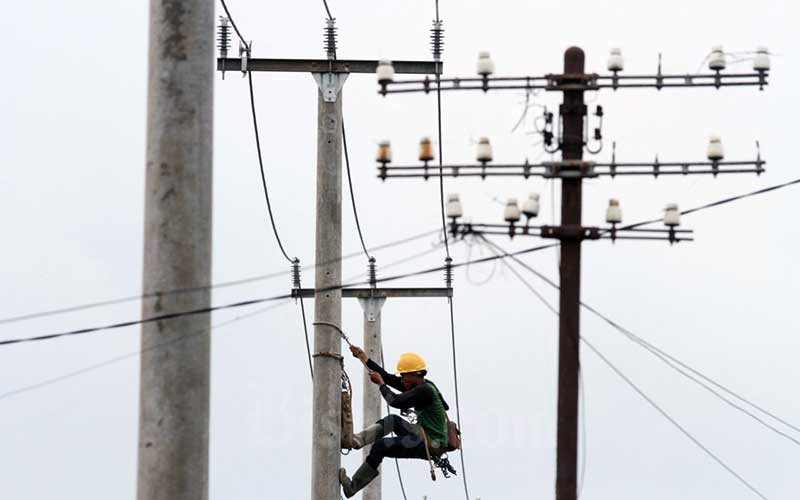[ad_1]

Muscat – Last week, the death toll resulting from heavy rains and flash floods rose to 19, including 11 children. In response to the exceptional weather conditions, work and schools were suspended in several parts of the sultanate. As rains and floods become more frequent in Oman with climate change, what can be done to reduce the loss of precious lives and critical infrastructure caused by these situations? Here is what Muscat Daily readers said –
Ofelia V Hassan, Lecturer
Guidelines should be established for when classes can be suspended based on specific weather conditions and grade levels. Raise awareness about the importance of staying vigilant with official weather forecasts. Designate authorities to manage announcements regarding class suspensions. Implement a national warning and alert system to inform people about anticipated dangers.
Kamil Amjad Khan, Private sector employee
Last week, we all woke up to the sad news of the school children tragedy. With the increasing frequency of heavy rains and floods in Oman, proactive measures are a must to minimise the loss of life and infrastructure damage. This includes enhancing urban planning to avoid construction in flood-prone areas, and investing in flood management infrastructure like flood barriers. There must also be regular warnings and public awareness through social media.
Suha Abu Farraj, Private sector employee
Teach children and adults advanced swimming skills, including swimming with clothes and heavy bags on. The country should implement an emergency plan for the community, such as evacuation routes and improving disaster risk management.
Khan Sameena Mannan, Teacher
There should be an improved drainage system across the country to prevent waterlogging. Heavy fines should be imposed on people who intentionally go near wadis. In areas with predicted heavy rainfall, the government can declare curfews for a few hours to keep people safe at home. This will help prevent significant losses throughout the country.
Pradeep, Private sector employee
Muscat handles flash floods effectively. This development needs to extend to all cities. The incidents in Sohar, Nizwa and Ibri reflect poor town planning. Wadis should be marked, and parking in these areas should be prohibited. Wadis should be deepened to allow water to flow freely without spreading. Vehicle movement in wadis should be avoided, and proper roads be built (which could have prevented the death of the school children). Bridges should be built wherever wadis cross roads. Alert signs should be displayed, and distress management should be activated in every governorate.
Salman al Balushi, Businessman
Implementing high-tech early warning systems and improving infrastructure resilience are crucial steps to mitigate the impact of heavy rains and floods in Oman. The government must invest in flood-resistant infrastructure and high-tech drainage systems to prevent losses.
Hajir al Balushi, Private sector employee
Drainage systems should be established starting with areas most affected by rain. Dams should be built, and the water used for hydropower.
Jonel Boteja, Programme administrator
Contact urban planners to modify the drainage system. Prohibit residents from living near wadis by establishing a 5km non-residential zone around these. Increase publicity of weather updates and safety precautionary announcements.
Mehtab, Private sector employee
Create a comprehensive drainage system. Educate people about the dangers and crises that can occur during rainstorms. Conduct drills in schools to train children in emergency response. And establish awareness programmes throughout Oman to help prevent the repetition of past mistakes.
Obed Simon, Mechanical engineer
Launch a large-scale rainwater harvesting project, enhance drainage systems, and increase safety measures around wadis and low-lying areas.
Sadia Hamidi, Artist and entrepreneur
Construct flood barriers such as sea walls or tide gates around expected paths of wadis to restrict water flow into residential or commercial areas. Create a drainage system with the capacity to hold and drain large amounts of water. Stagnant water in low-lying areas can be addressed by hiring private companies to conduct emergency operations. Instal sirens or loudspeakers in neighbourhoods or police vehicles to warn people about incoming wadis. Enforce heavy fines for people attempting to cross wadis. Broadcast weather alerts frequently via text messages or SMS.
Sweta Sinhababu, Homemaker
Develop an effective drainage system. Construct channels for wadis to flow through without causing damage. Equip malls and houses with waterproof roofs. Collect and store rainwater for future use.
Desiree Camero, HR employee
Improve drainage systems beyond main and national roads to small communities. Build emergency evacuation centres for times of calamities. Instal prominent danger signs near wadis and steep roads. Raise awareness about climate change in schools and universities, and provide first aid training.
Paigambar Momin, Electrical engineer
Strengthen storm water management systems, such as rainwater harvesting and permeable pavements, to reduce flooding. Strengthen building codes for flood-resilient infrastructure and improve early warning systems to mitigate the loss of lives and damage to critical infrastructure.
Waheeda, Teacher
Improve the drainage system by building proper channels and drains to redirect water. Implement better urban planning and infrastructure development to manage water flow effectively. Relocate residents near wadi. Effective communication with weather stations and timely alerts to the public are essential for ensuring safety.
Mervin Sylvania, Homemaker
Implement early warning systems. Ensure access to information and alerts. Enhance drainage systems. Upgrade infrastructure, including dams and bridges. Utilise flood-resistant materials for constructing dams and bridges.
Tanay Jesrani, Student
Oman faces increased risks from extreme weather events due to climate change. Investing in early warning systems, flood-resilient infrastructure and public awareness campaigns can help reduce the impact of these events.
Muhammad Ghias, CEO
The authorities should construct more dams. In flood-prone areas, efforts should be made to drain these. Increasing the number of trees is essential and requires long-term planning to effectively mitigate floods.
Next week’s question – Oman has added three more nature reserves taking the total to 30. Are natures reserves adding to the tourist attractions in the country? What more can be done to make these a haven for biodiversity and attract tourists?
[ad_2]
Source link




